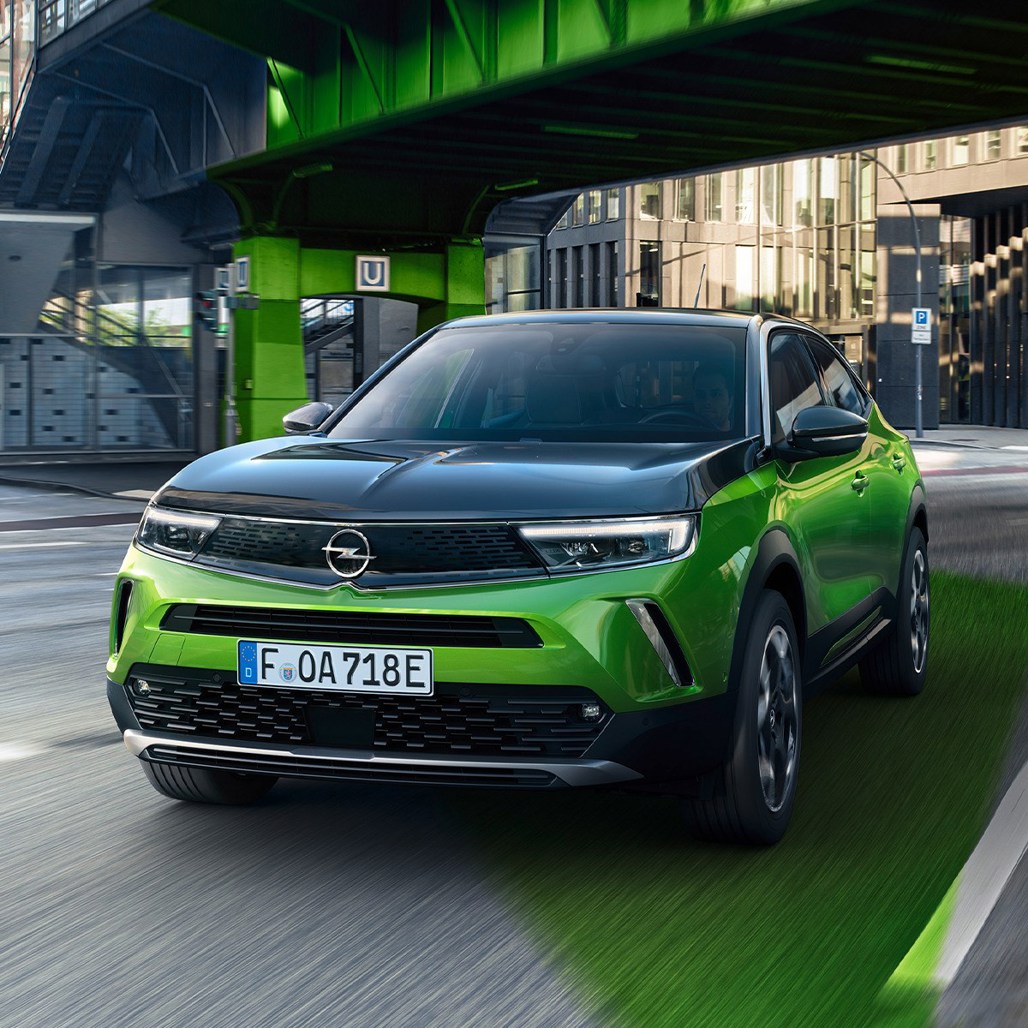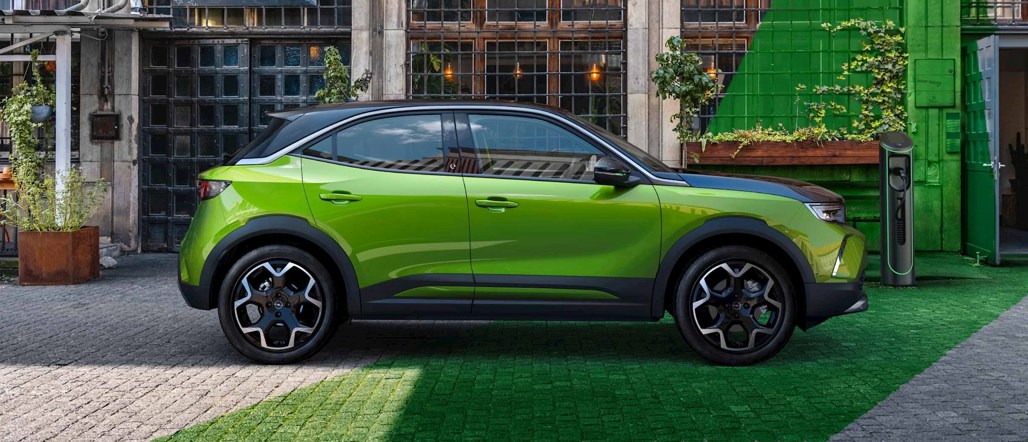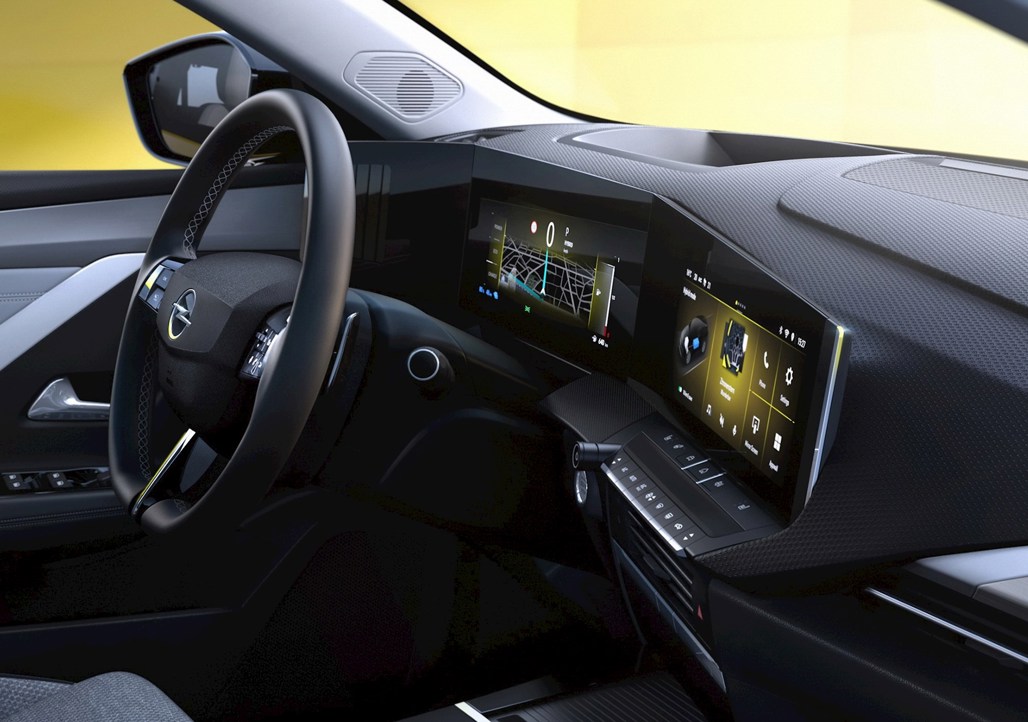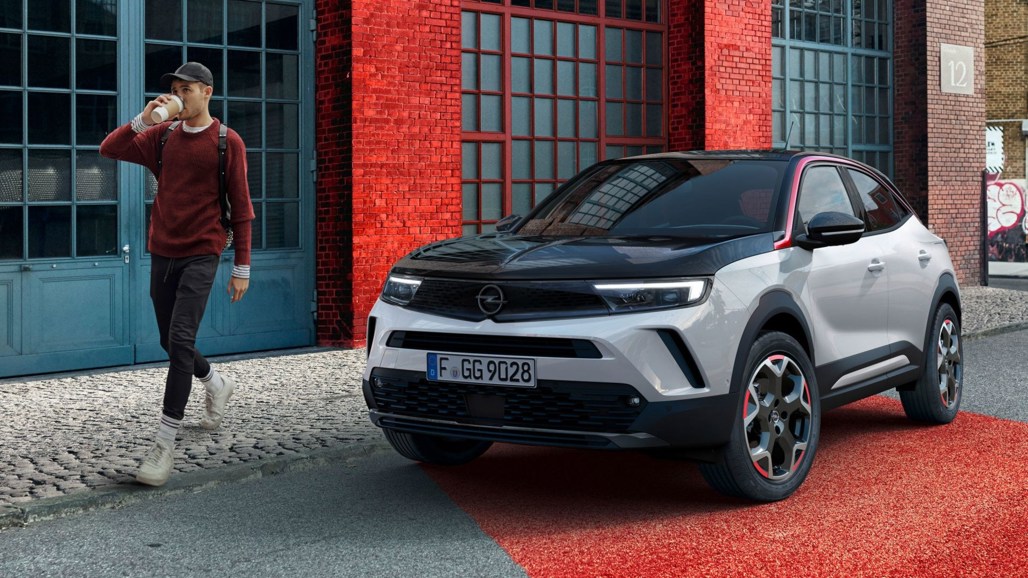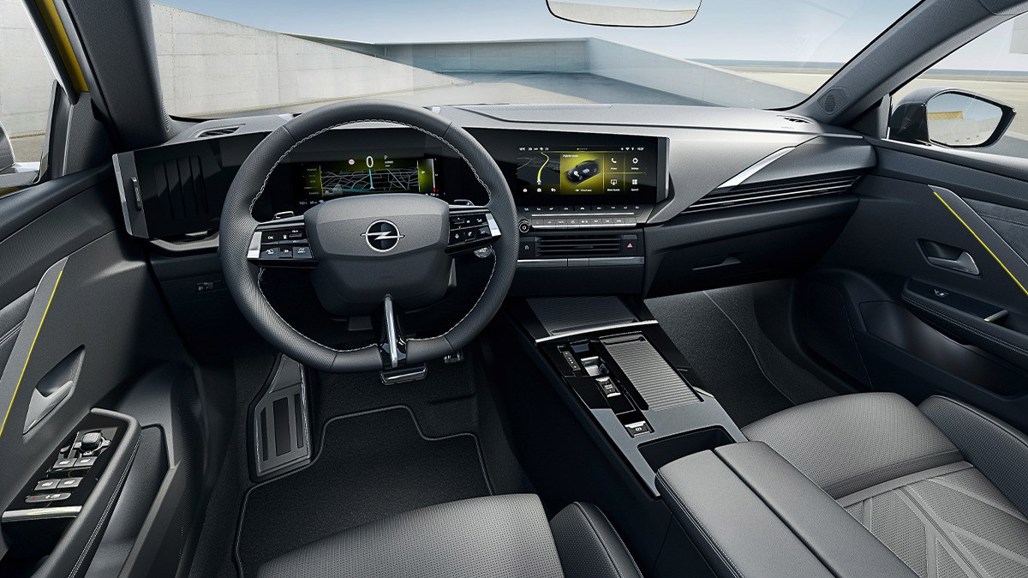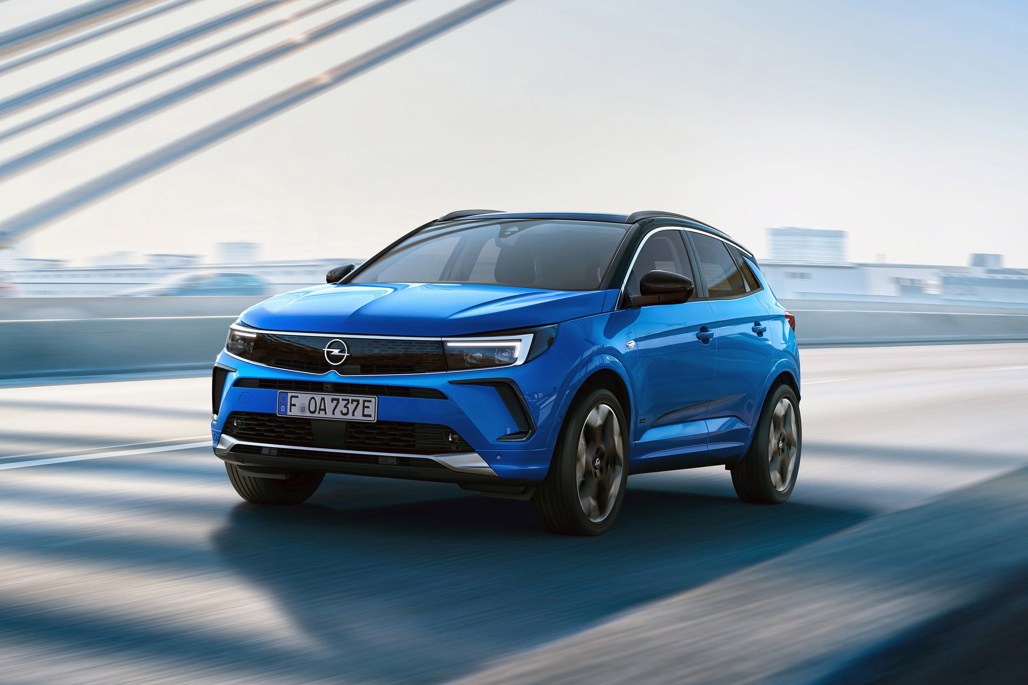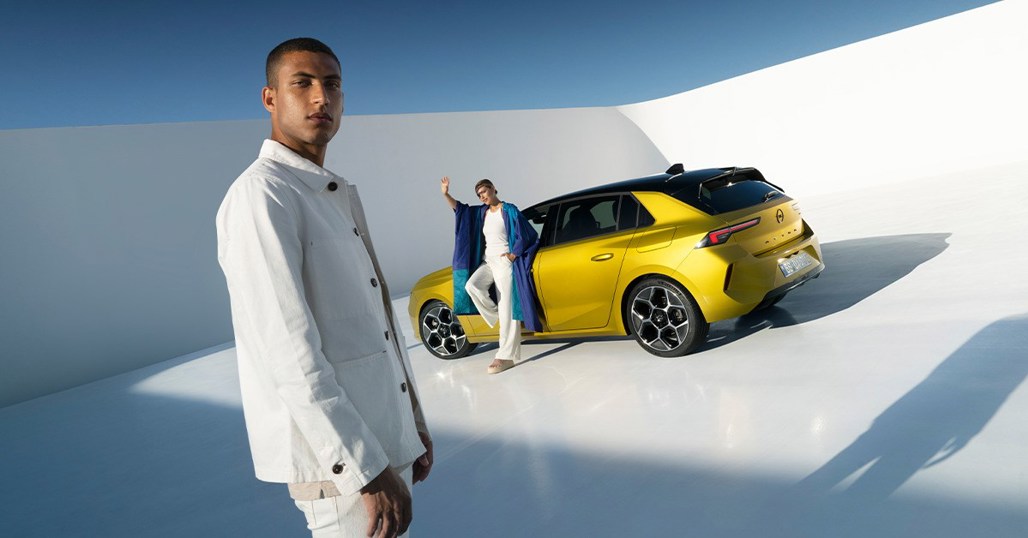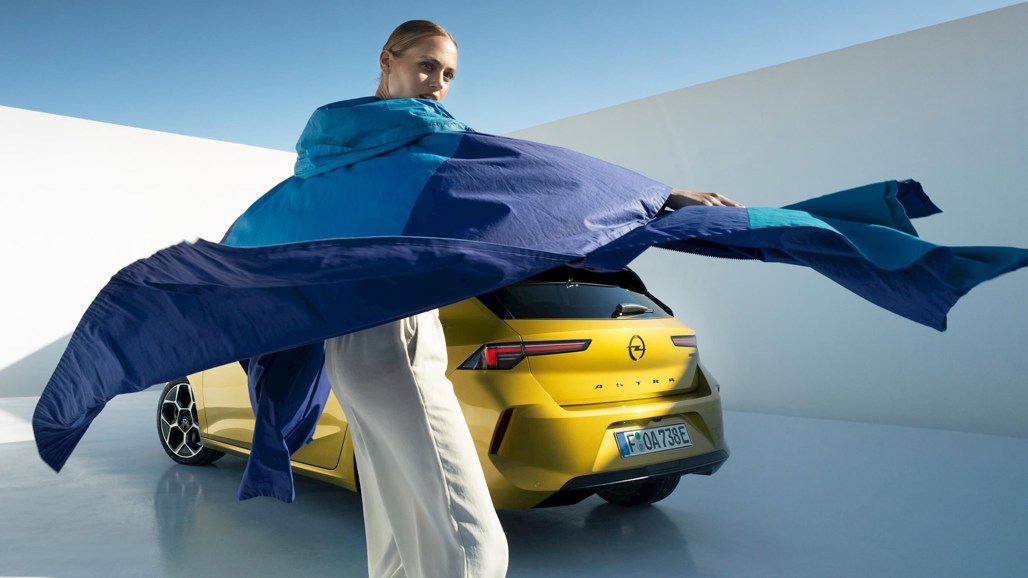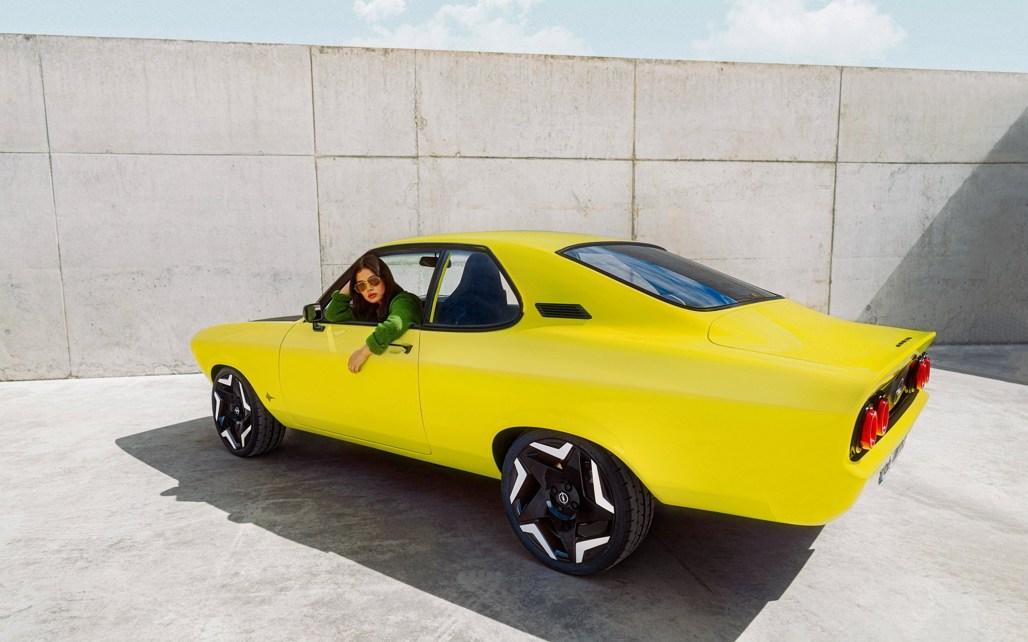Does New Zealand really need another car brand? The “new” NZ automotive scene that now includes the Government’s Clean Car Programme does, according to Auto Distributors NZ (ADNZ).
It’s launching Opel back into NZ from July, with a range comprised entirely of rebate-qualifying cars. The least you’ll get back is $1510, on an Internal Combustion Engine (ICE) model. But every range includes plug-in variants, which are eligible for Clean Car Discounts of up to $8625.
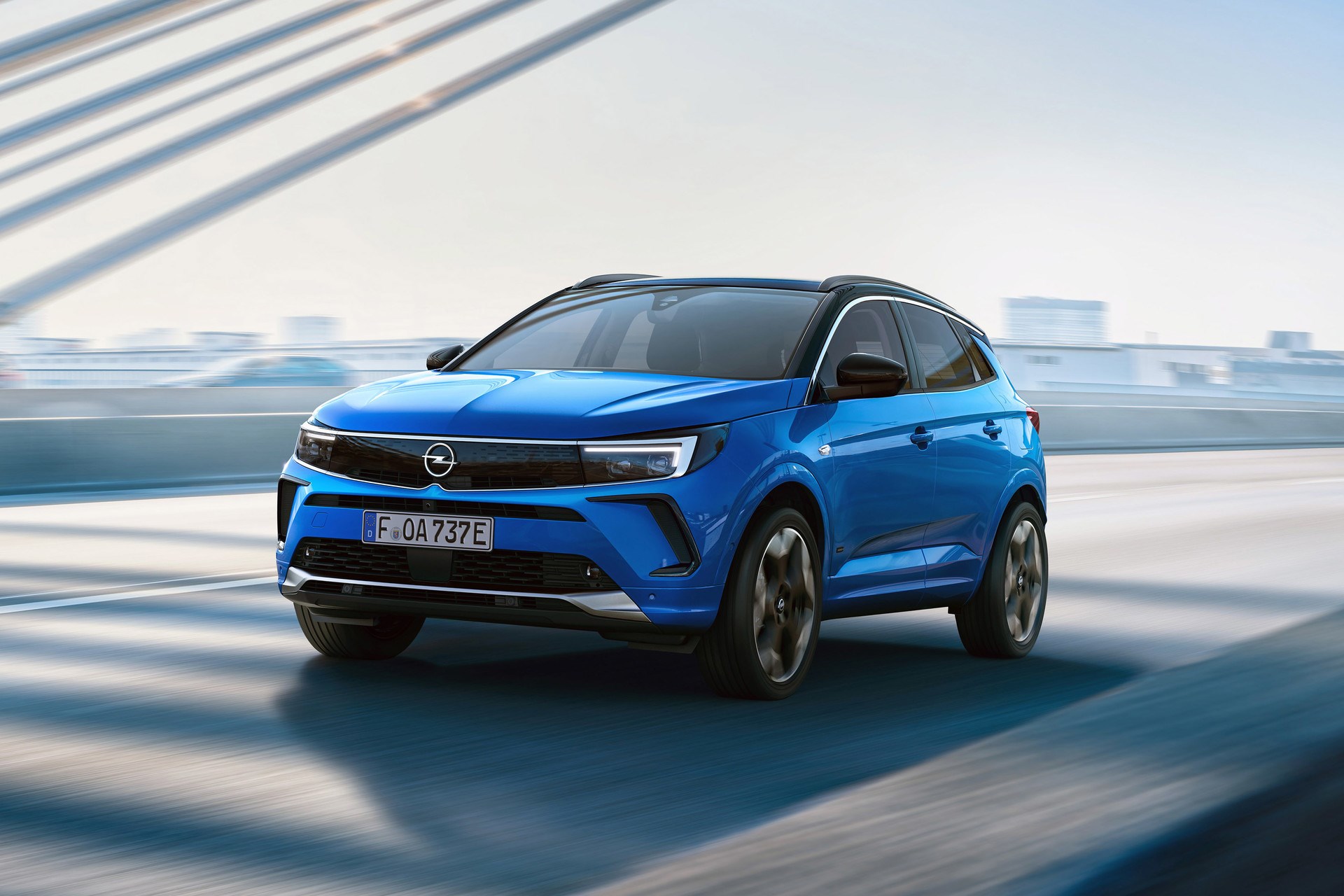
ADNZ will launch with the Astra hatch (ICE and Plug-in Hybrid Electric Vehicle, or PHEV), Mokka compact SUV (pictured top, ICE and Battery Electric Vehicle, or BEV) and Grandland medium SUV (pictured above, ICE and PHEV) variants from July. An all-new version of the Corsa hatchback (ICE and BEV) will land in 2023; the current model was the top-selling car in Germany and the UK last year.
Opel has stated it will be 100 per cent electrified by 2024 and completely EV in Europe by 2028. It’s also said it may put an electric Manta coupe into production for 2025, inspired by the 1970s model of the same name. It recently made a one-off Manta-based GSe Elektromod that created quite a stir.
This is something of a third life for Opel in NZ. The German brand was previously part of General Motors and was sold in New Zealand from 1989-94. It also supplied many Holden-branded cars prior to 2020, including the ZB Commodore.
Opel is now under the Stellantis Group, the world’s fourth largest carmaker that includes the former Fiat-Chrysler Group and Peugeot-Citroen (the latter are also ADNZ brands, and ones with which Opel shares much platform and powertrain technology).
Globally, Opel been rebooted as a low-emissions/electrified brand and a complete focus on complying with CO2 legislation in every market it’s sold in. Finally, the company’s traditional lightning-bolt logo makes sense.
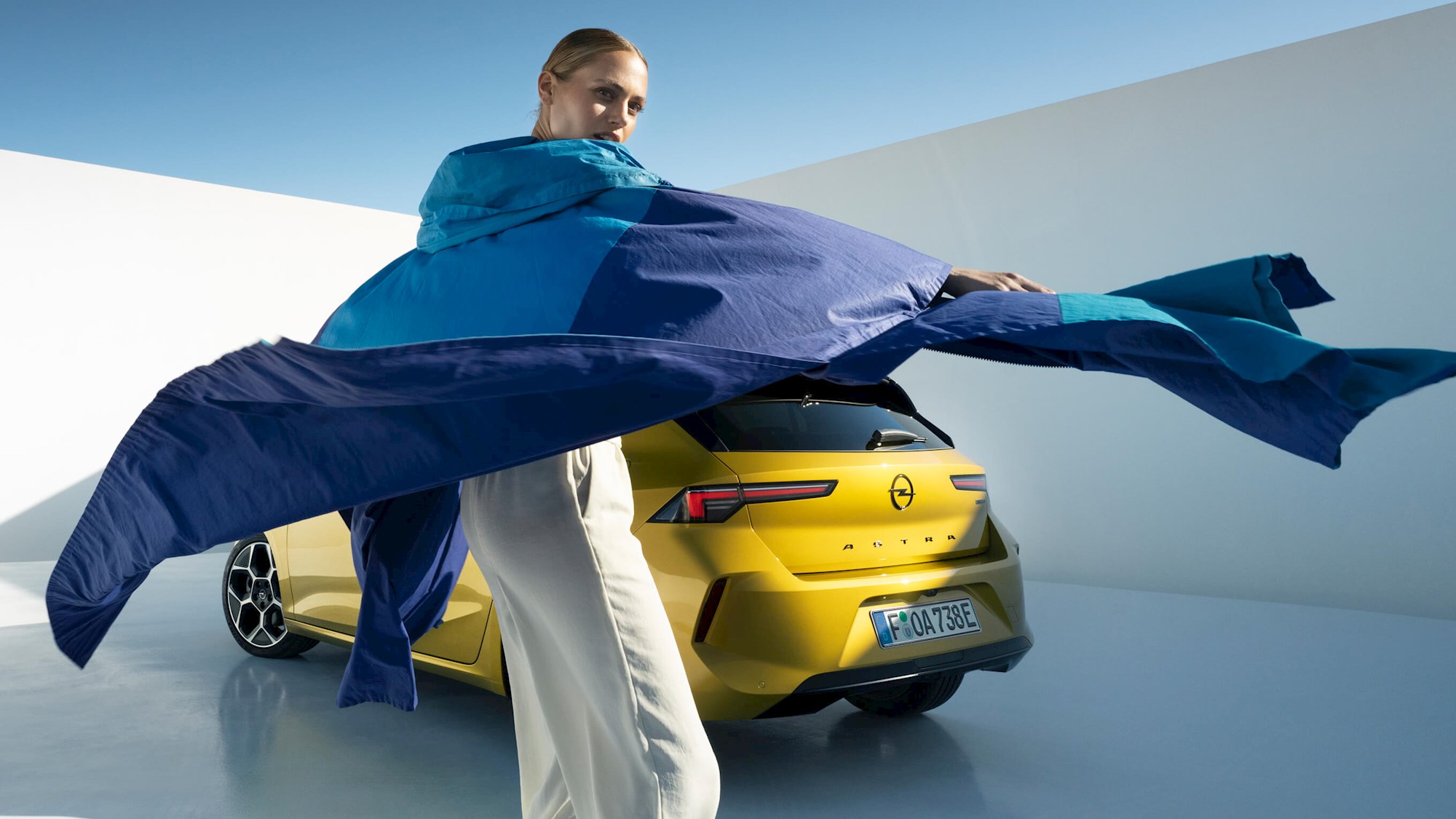
Brand boss Tom Ruddenklau says this is a “different company, a different time, a different era” from the Opel that Kiwis might remember. He also reckons Kiwi buying habits are on the cusp of huge change.
“We’re seeing a shift in consumer and industry attitude towards emissions. We’ve got the next phase of the Clean Car Discount happening in April, but we’ve also got something that’s going to have an even bigger impact: the Clean Car Standard [from 2023], which is really going to put the cat amongst the pigeons for a lot of importers. We’ve got a shift in fleet policies and we’ve got rising fuel prices.
“Every single Opel, whether it’s petrol, plug-in or [pure] electric, is up for a rebate. Every single Opel is below 146g. What other brand is going to have, for a period of time, everything qualify?
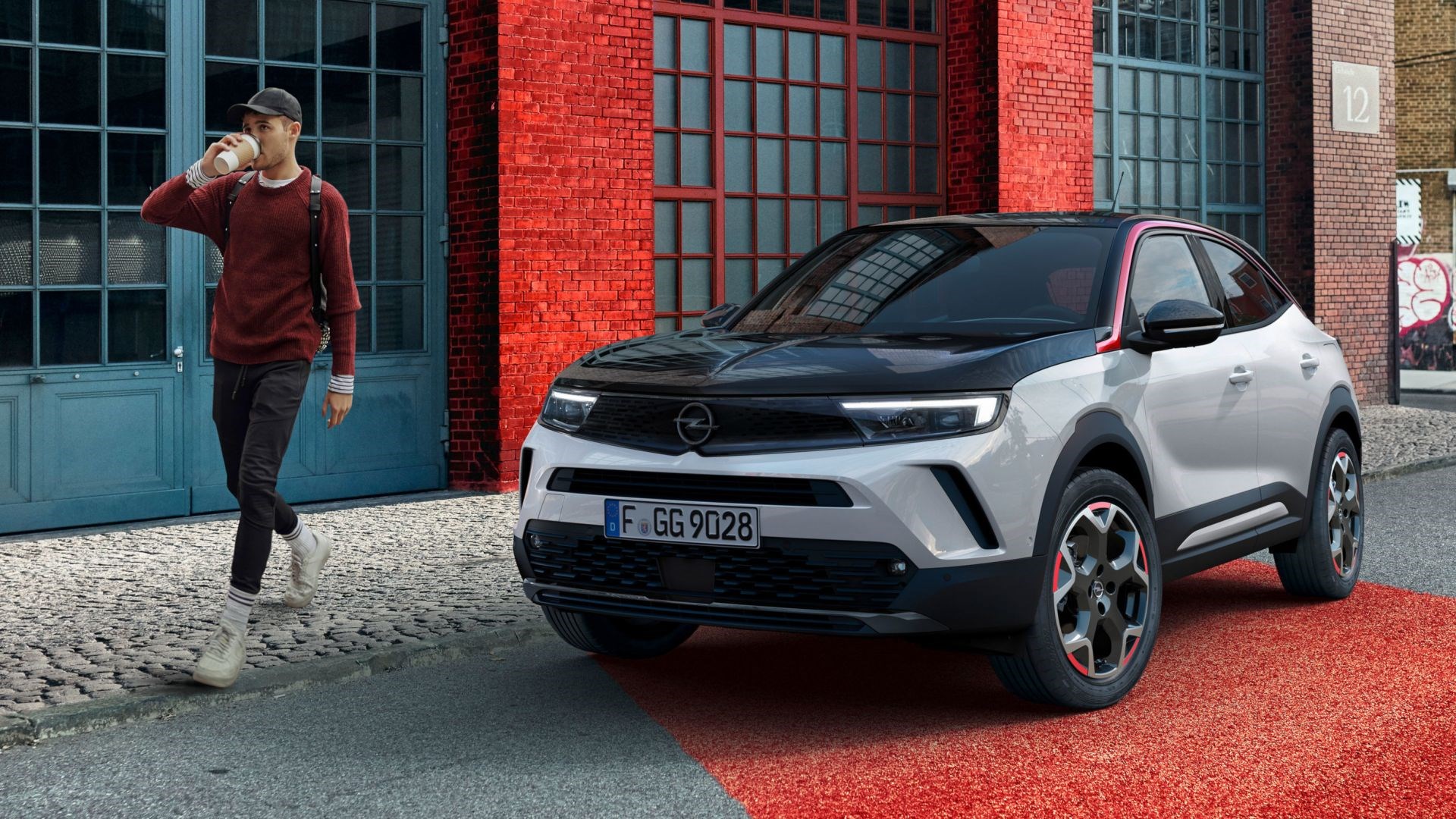
“This brand does very well in markets where there is regulation around emissions; NZ is ready for Opel.”
That’s probably not the rural NZ we’re often so fond of referencing. Opel describes its customers as “postmodern”. Marketing speak aside, think of people of any age who are already environmentally aware and like showcasing their values through products. They’re also not that fussed on traditional status symbols… apparently.
“Our audience has a shared value set,” says Opel NZ marketing manager Noah Robertson.
“There’s a community that doesn’t connect with rural Kiwiana, they connect with NZ as seen in cities and they crave that cultural stimulation.
“We’re trying to sell a low-emissions range to an audience that’s already demanding it. The difference with the Clean Car Discount is that they’ll now be financially rewarded for something they already want to do.”
MOKKA
The Mokka is arguably the hero of the new Opel range: it showcases the brand’s new design language inside and out, and is full of high technology.
It comes in petrol (1.2-litre, 97kW, 127g/km) or BEV (50kWh, 354km range). It’s a close relation of the Peugeot e-2008 underneath – although very different in execution.
“We know how big and important this market is in NZ,” says Ruddenklau. “This is pure German in its design. It’s far from ordinary, with a couple of key Opel features that come through. The first is the front panel and headlight, called the ‘Opel Visor’, which we’ll see on all future models.
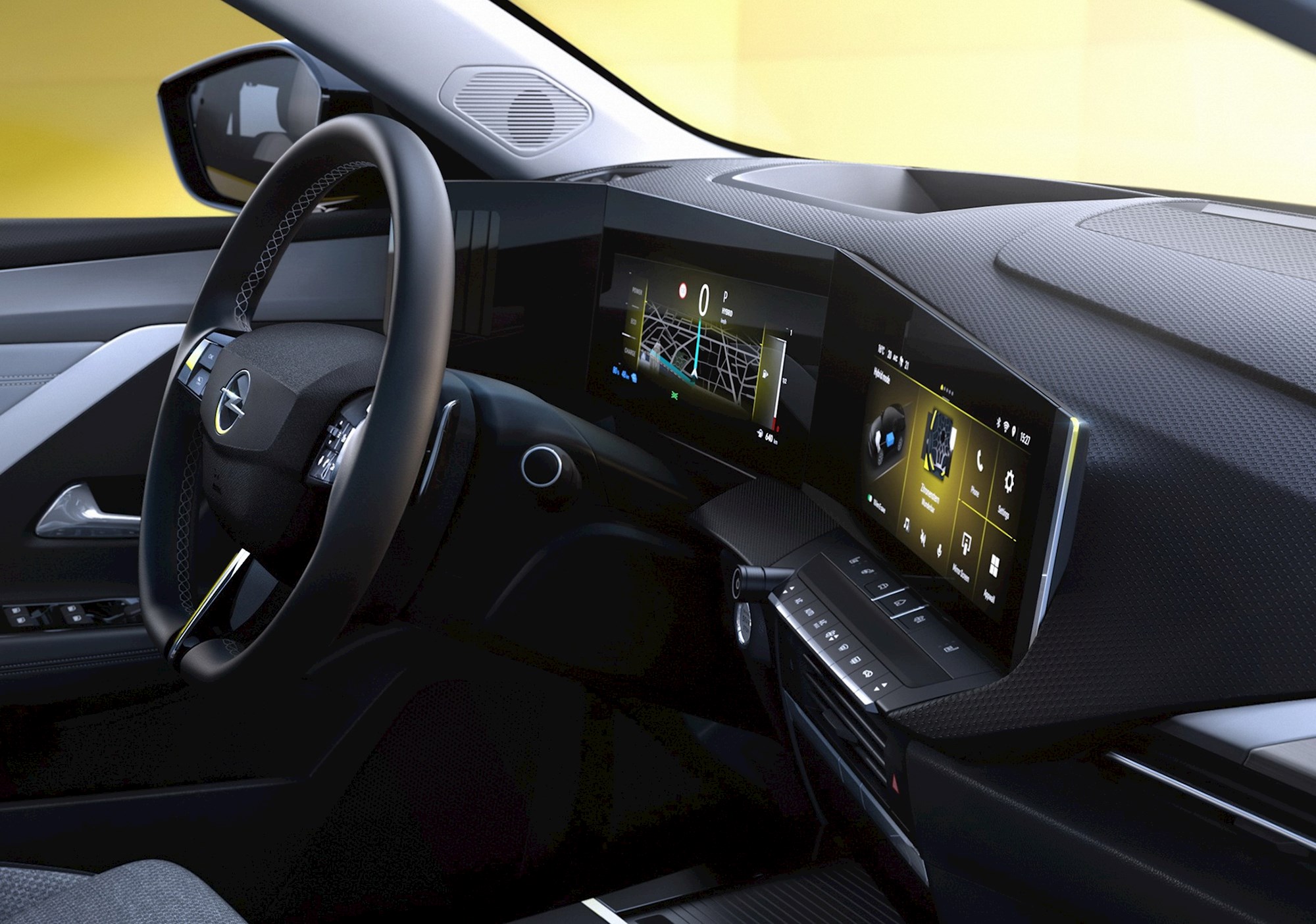
“The second is what’s called the ‘Pure Panel’, which is the large touchscreen in the cockpit.”
GRANDLAND
Grandland is a medium SUV (similar to Peugeot 3008) that ADNZ argues will be the most efficient petrol vehicle in its segment, with 138g/km from the 1.2-litre 97kW model. It’ll also come as a 31g PHEV.
ASTRA
The Astra name will be familiar to Kiwis from the Holden days, but this is an all-new model. It’ll come initially in petrol (1.2-litre, 97kW, 116g/km) and PHEV (165kW, 25g, 59km range), but a BEV is also on the way for 2023.
CORSA
There’s an all-new Corsa coming for 2023, with some cars possibly due towards the end of this year. Specification is yet to be finalised, but you can see a theme by now: expect 1.2-litre petrol and BEV versions.
Opel is promising affordable pricing for NZ, although there are no firm figures attached to that just yet (it’s a given there’s nothing over $80k, to meet the Clean Car Discount cap). But it’s also introducing new finance programmes that it says will “democratise” EV use for many Kiwis and bring NZ more in line with world trends.
“Finance penetration in NZ is 28 per cent on new-car purchases and that’s very low by global standards,” says Ruddenklau.
Opel will offer a range of finance options including “i-own” for ICE cars (from $129 per week), “e-own” for EVs ($149) and an “e-lease” based on the British PCP model, which accounts for 80 per cent of new-car purchases in the UK.
Opel will launch with six dealerships this year, increasing to 11 in 2023; details to follow. Supply is an ongoing issue for many brands in NZ at the moment, but not Opel, assures Ruddenklau.

